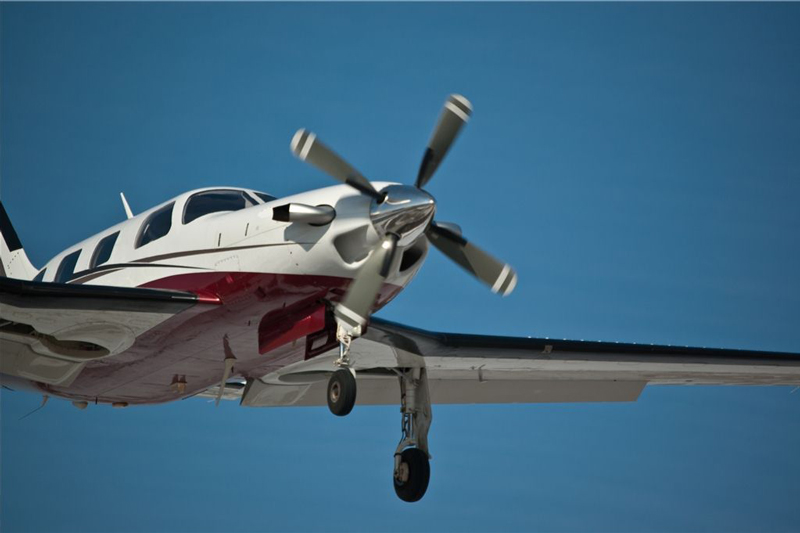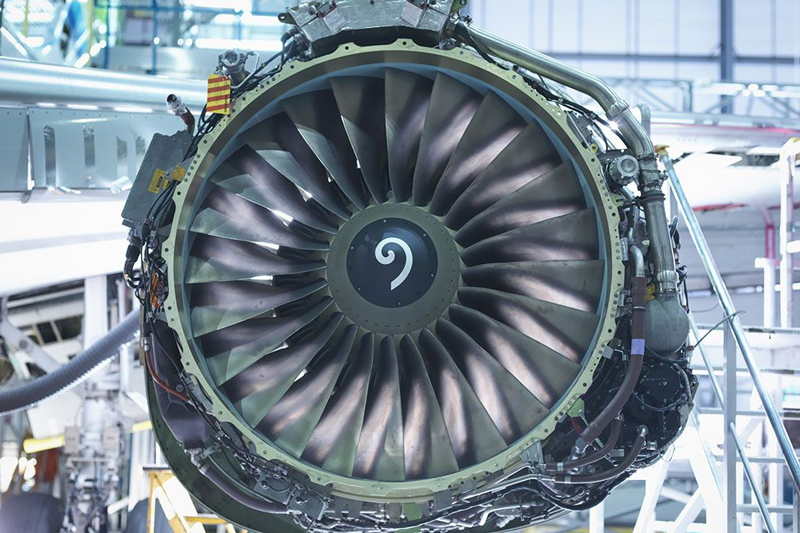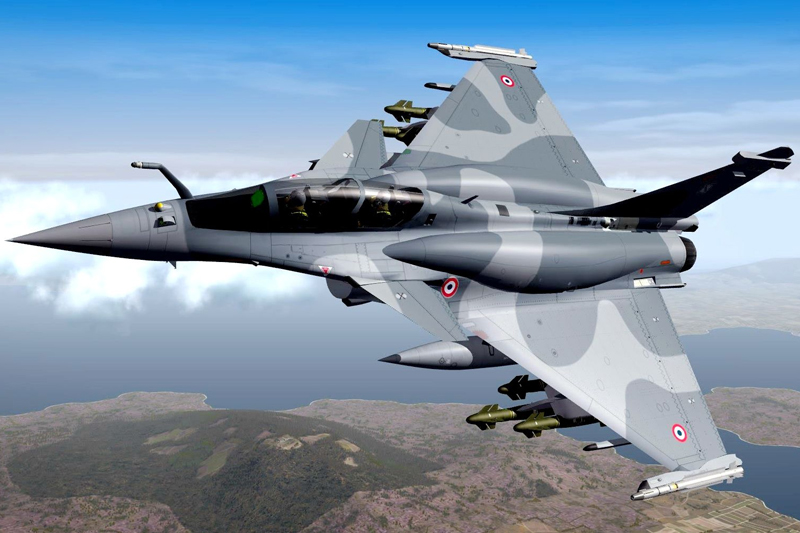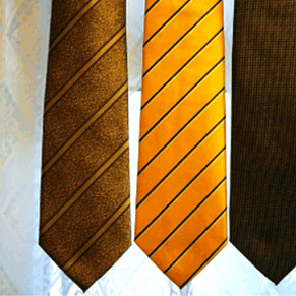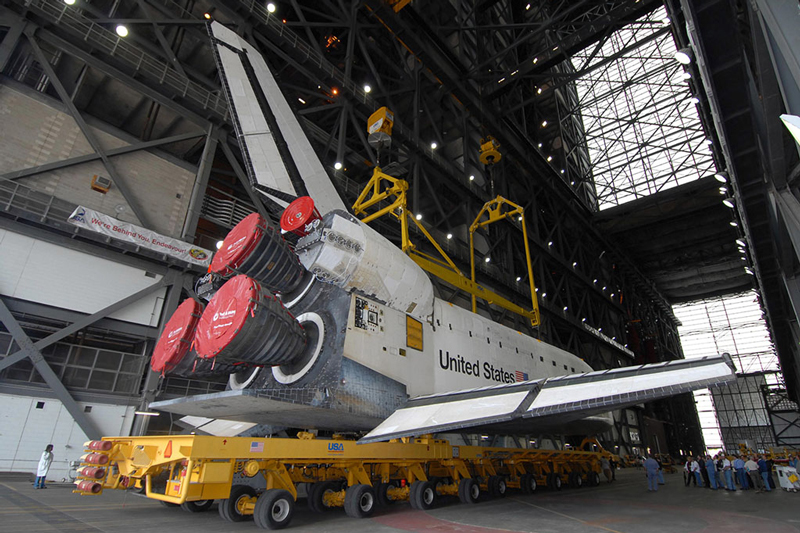Aerospace


01
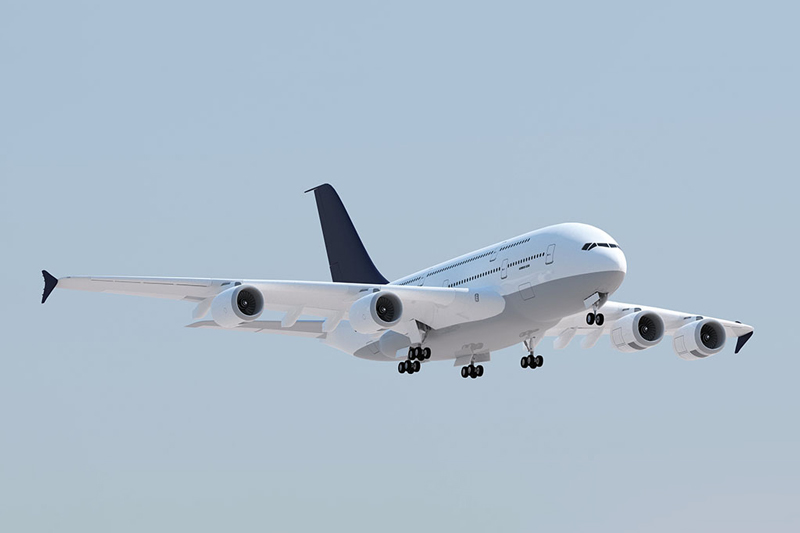
7 Jan 2019

Analysis of economic benefits of weight reduction of various aircraft
| Type | Benefit (USD/KG) |
| Light civil aircraft | 59 |
| helicopter | 99 |
| aircraft engine | 450 |
| Mainline aircraft | 440 |
| Supersonic civil aircraft | 987 |
| Low earth orbit satellite | 2000 |
| Geostationary satellite | 20000 |
| space shuttle | 30000 |
Compared with conventional materials, the use of carbon fiber composites can reduce aircraft weight by 20% - 40%; At the same time, the composite material also overcomes the shortcomings of metal materials that are prone to fatigue and corrosion, and increases the durability of aircraft; The good form ability of composite materials can greatly reduce the structural design cost and manufacturing cost.
Due to its irreplaceable material properties in structural lightweight, carbon fiber composites have been widely used and rapidly developed in the field of military aviation applications. Since the 1970s, foreign military aircraft have used composites from the initial manufacture of components at the tail level to today's use in wings, flaps, front fuselage, middle fuselage, fairing, etc. Since 1969, the consumption of carbon fiber composites for the F14A fighter aircraft in the United States has been only 1%, and the consumption of carbon fiber composites for the fourth generation fighter aircraft represented by the F-22 and F35 in the United States has reached 24% and 36%. In the B-2 stealth strategic bomber in the United States, the proportion of carbon fiber composites has exceeded 50%, and the use of nose, tail, wing skin, etc. has been greatly increased. The use of composite components can not only achieve lightweight and large design freedom, but also reduce the number of parts, reduce production costs and improve production efficiency. The application of composite materials in China's military aircraft is increasing year by year.
010203
Development trend of composite material application proportion in commercial aircraft
Time period |
Proportion of composite materials used |
1988-1998 |
5-6% |
1997-2005 |
10-15% |
2002-2012 |
23% |
2006-2015 |
50+ |
The proportion of composite materials used by UAVs is basically the highest among all aircrafts. 65% of composite materials are used by the Global Hawk aerial long-endurance unmanned reconnaissance aircraft in the United States, and 90% of composite materials are used on X-45C, X-47B, "Neuron" and "Raytheon".
In terms of launch vehicles and strategic missiles, "Pegasus", "Delta" launch vehicles, "Trident" II (D5), "dwarf" missiles and other models; The US strategic missile MX intercontinental missile and the Russian strategic missile "Topol" M missile all use advanced composite launcher.
From the perspective of global carbon fiber industry development, aerospace and defense industry are the most important application fields of carbon fiber, with consumption accounting for about 30% of the world's total consumption and output value accounting for 50% of the world.
ZBREHON is a leading manufacturer of composite materials in China, with strong R&D and production capabilities of composite materials, and is your one-stop service provider for composite materials.
Related Products: Direct roving; fiberglass cloth.
Related processes: hand lay-up; resin infusion molding (RTM) lamination process.

